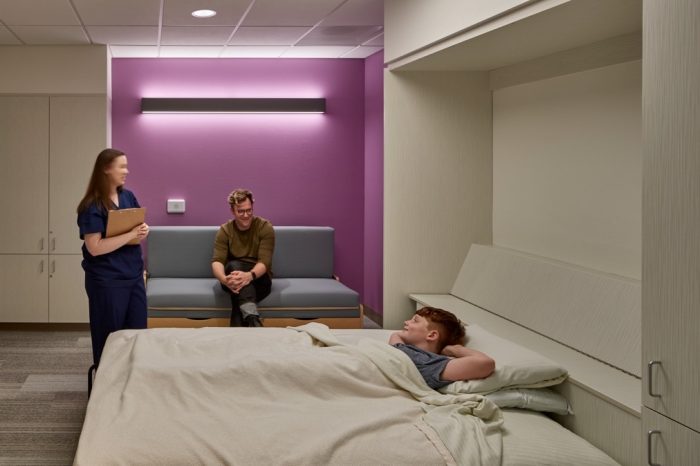9-year-old DeAngelo “DJ” has his dreams for the future all planned out. “DJ tells everyone that he wants to become a pediatric surgeon or a pediatric gastroenterologist one day,” explained Angela McCulloch. “He says that he plans to go to school at the University of Washington and work at Seattle Children’s to help kids like […]
As smoky air covers large portions of Western Washington due to of wildfires, many parents wonder what they can do to keep their kids protected. Breathing in wildfire smoke is unhealthy for everyone, however children are at extra risk for negative health effects. Infants and children under age 18, whose lungs and airways are still […]
Studies consistently show that up to 50% of children experience a sleep problem at least a few nights each week. While the most recognized consequence of inadequate sleep is daytime sleepiness, children commonly manifest their sleepiness as irritability, behavioral problems, learning difficulties and poor academic performance. Some sleep disruptions are normal and are connected to […]




